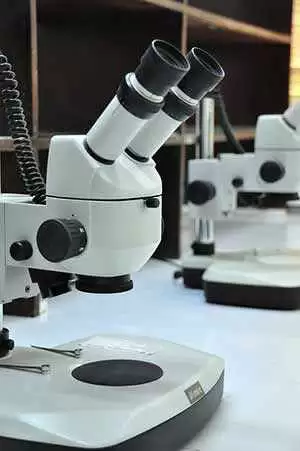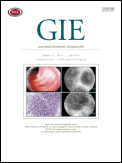Celiac.com 05/21/2012 - A trio of researchers recently compared duodenal and jejunal small intestinal biopsies for diagnosis and follow-up of celiac disease. The researchers included J.W. Meijer, P.J. Wahab, and C.J. Mulder from the Department of Pathology, Rijnstate Hospital Arnhem, The Netherlands.
 Current pediatric guidelines advise doctors to take intestinal mucosal specimens from the jejunum using a suction capsule.
Current pediatric guidelines advise doctors to take intestinal mucosal specimens from the jejunum using a suction capsule.
Celiac.com Sponsor (A12):
This method can be stressful for patients, time-consuming, expensive and requires the use of imaging technology.
Taking mucosal biopsies from the distal duodenum using forceps is less stressful for patients, easier, cheaper and can be done using an endoscope.
For those reasons, the researchers wanted to compare the histological results of biopsies taken from the duodenal mucosa by forceps and from the jejunal mucosa using suction capsule.
To do so, they evaluated 171 paired biopsies taken from 109 patients from 1 to 75 years of age. Biopsies were made from the distal duodenal mucosa using jumbo forceps and from the jejunal mucosa using Crosby suction capsule.
For histological interpretation they applied modified Marsh classification, including partial-, subtotal and total villous atrophy as Marsh IIIA, B, and C.
A total of fourteen (8%) of the suction capsule biopsies were too low quality to be properly scored, while all duodenal biopsies taken with forceps produced adequate material for histological scoring.
Of the remaining biopsies, a total of 145 of 157 (92%) showed no difference in histological scores.
The remaining 12 biopsies showed some discrepancy in scoring, four of those showed more severe lesions in the duodenum, while eight showed more severe lesions in the jejunum.
The differences were clinically significant, and included the presence and absence of villous atrophy in nine of the 157 paired biopsies (6%).
The results showed that mucosal specimens taken from the distal duodenal and jejunal mucosa are strongly correlated, with clinically significant discrepancies were present in only 6% of paired biopsies.
Based on these results, the researchers suggest that diagnosis and follow-up of celiac disease can be done using mucosal specimens taken from the duodenum using forceps, rather than the traditional biopsy of the jejeunum using Crosby suction capsule.
Source:
- Open Original Shared Link.






Recommended Comments
There are no comments to display.